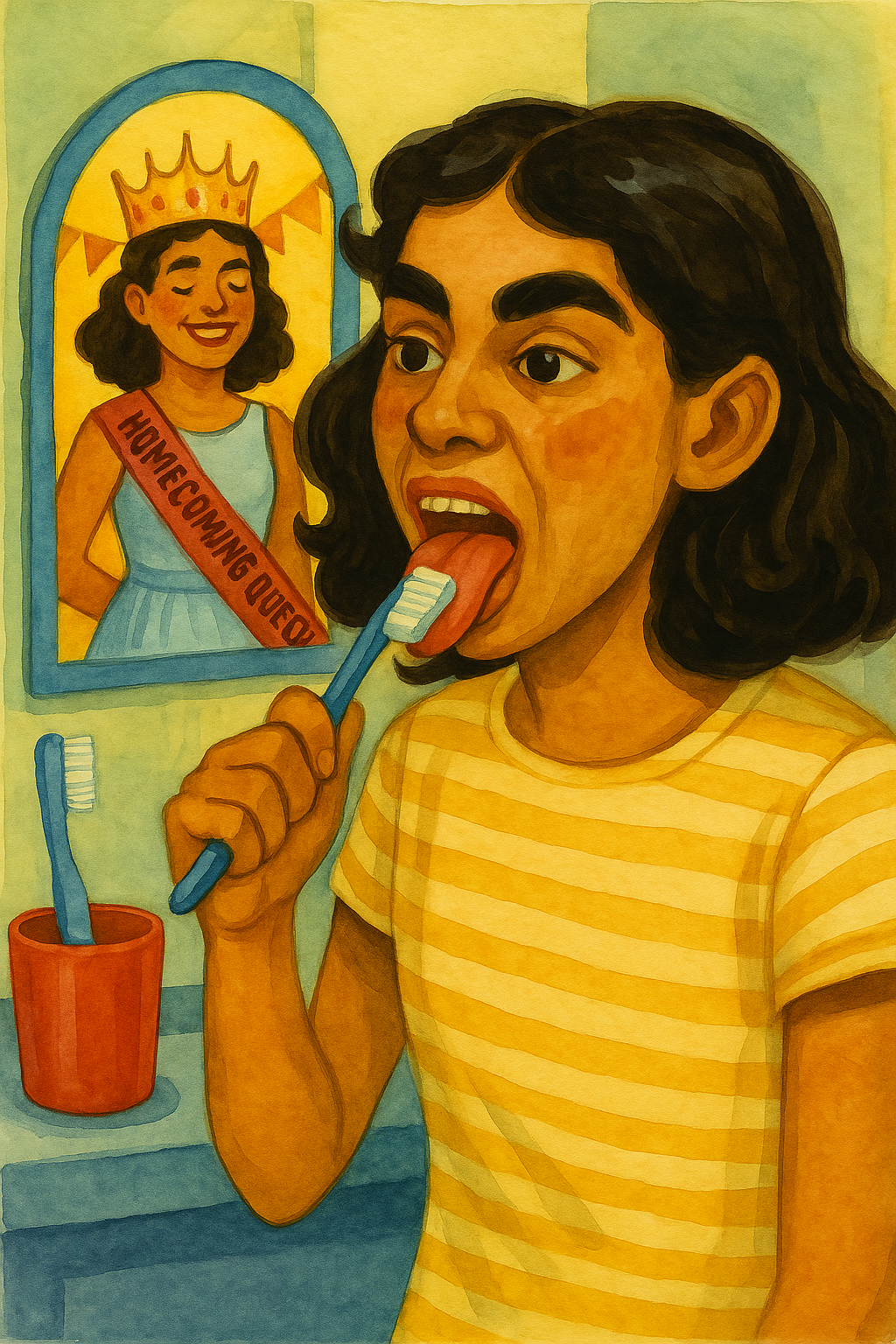Why the Hour Before You Sleep Matters More Than You Think
/How does Screentime in the hour before bedtime affect sleep?
Using screens like phones, tablets, or TVs right before bed can make it harder to fall asleep. That’s because these devices give off blue light, which tricks your brain into thinking it’s still daytime. This stops your body from making enough melatonin, the hormone that helps you feel sleepy. Plus, watching exciting videos or playing games can make your brain too active to relax. As a result, you might fall asleep later, sleep less deeply, and feel tired the next day. Turning off screens at least an hour before bed helps your brain wind down and improves your sleep.
Can you explain the science behind how Screentime affects sleep?
Exposure to screens emitting blue light (wavelengths around 460–480 nm) before bedtime suppresses melatonin secretion, a hormone regulated by the pineal gland that controls circadian rhythms. Blue light affects the suprachiasmatic nucleus (SCN) in the hypothalamus, which acts as the body’s master clock, disrupting the sleep-wake cycle. Additionally, engaging in stimulating content increases cognitive arousal, activating the sympathetic nervous system and delaying sleep onset latency. This can reduce slow-wave sleep (deep sleep) and REM sleep, both critical for memory consolidation and recovery. Limiting screen exposure pre-sleep helps maintain circadian alignment and improves sleep quality.
Would 30 minutes without Screentime before bed be as good as 1 hour without Screentime?
While 30 minutes without Screentime before bed is better than none, it’s not as effective as a full hour. Research shows that melatonin suppression and circadian rhythm disruption from blue light can linger, especially with prolonged screen exposure earlier in the evening. An hour without screens allows more time for melatonin production to normalize, helping the brain transition from a state of cognitive arousal to relaxation. However, if one hour isn’t practical, dimming screen brightness, using blue light filters, or switching to activities like reading a paper book can help reduce the negative effects during that 30-minute window.
What should I do an hour before bed?
An hour before bed, focus on activities that help your mind and body relax to prepare for restful sleep. Here are some good options:
Read a Book: Choose something calming, like fiction or poetry, to help your mind unwind.
Light Stretching or Mindful Movement: Gentle movements can release tension without energizing you too much.
Journaling: Write about your day, thoughts, or things you’re grateful for to clear your mind.
Listen to Soothing Music or Nature Sounds: Soft, slow music can relax your nervous system.
Practice Deep Breathing or Meditation: Helps lower stress and signals your body it’s time to rest.
Dim the Lights: This encourages melatonin production, making you feel sleepy.
Prepare for the Next Day: Lay out clothes, pack your bag, or make a to-do list to ease morning stress.
These activities help your body shift from “active” mode to “rest” mode, improving sleep quality.
ABOUT THE AUTHOR
Mas’ood Cajee, DDS, MPH, is a Manteca, California-based dentist, Harvard-trained public health expert, and passionate advocate for nutrition, literacy, and community well-being. He is the editor of The Whole Mouth Digest, a blog dedicated to healthy smiles, healthy bodies, and healthy living. Email him at hello@drcajee.com.






